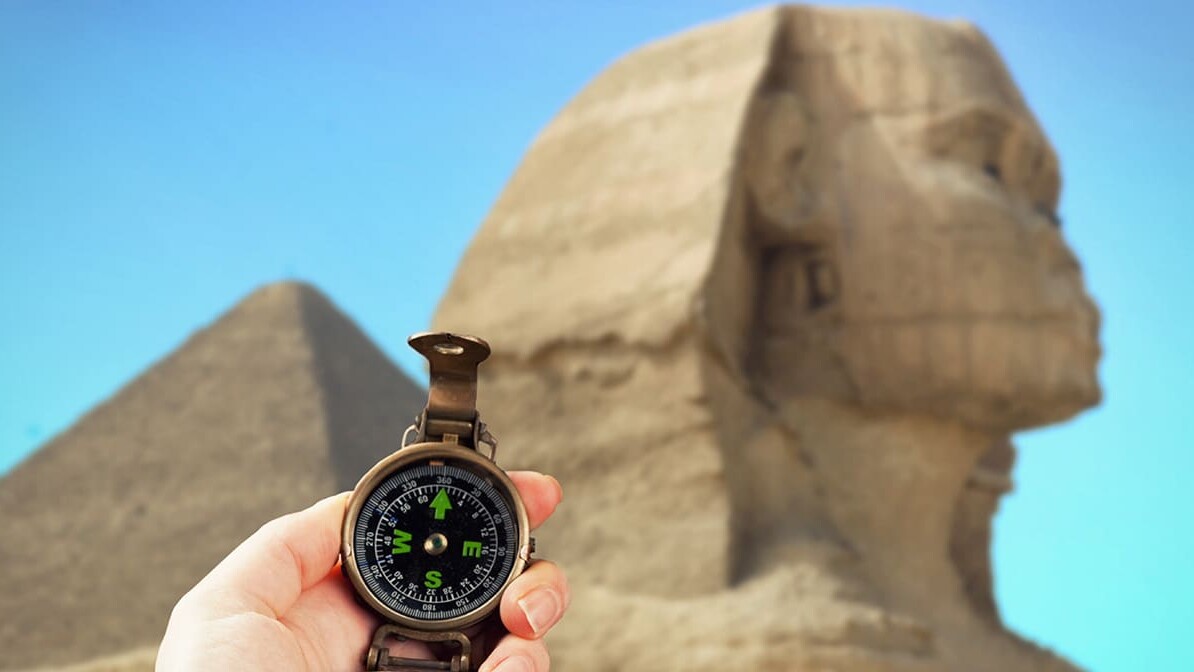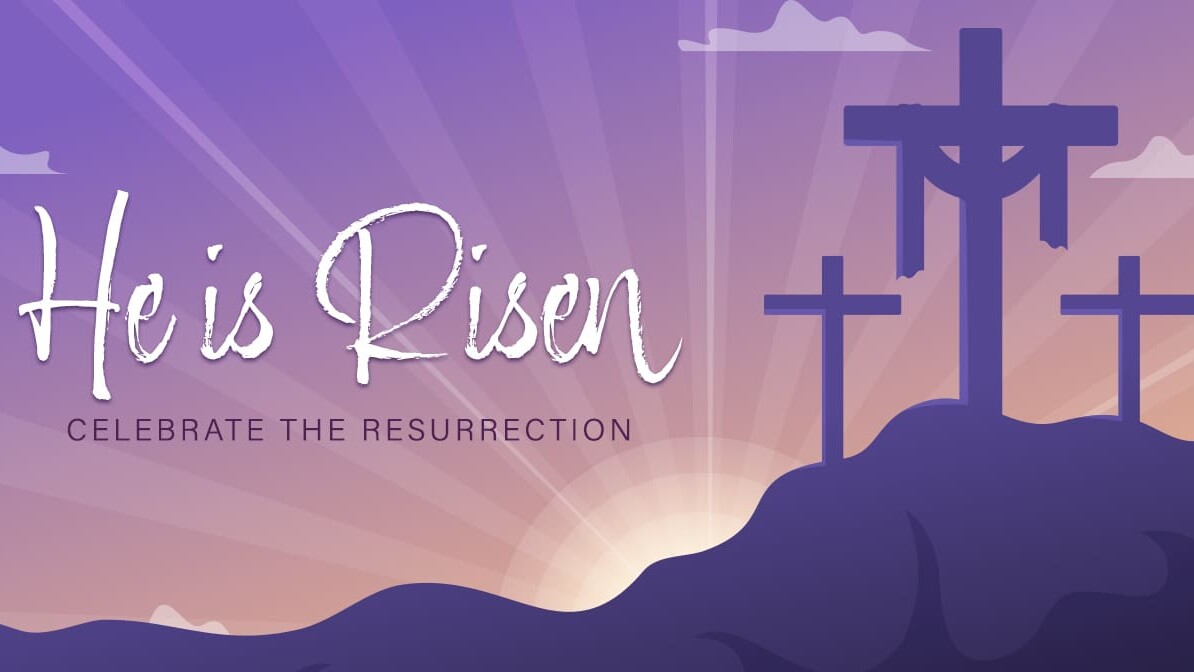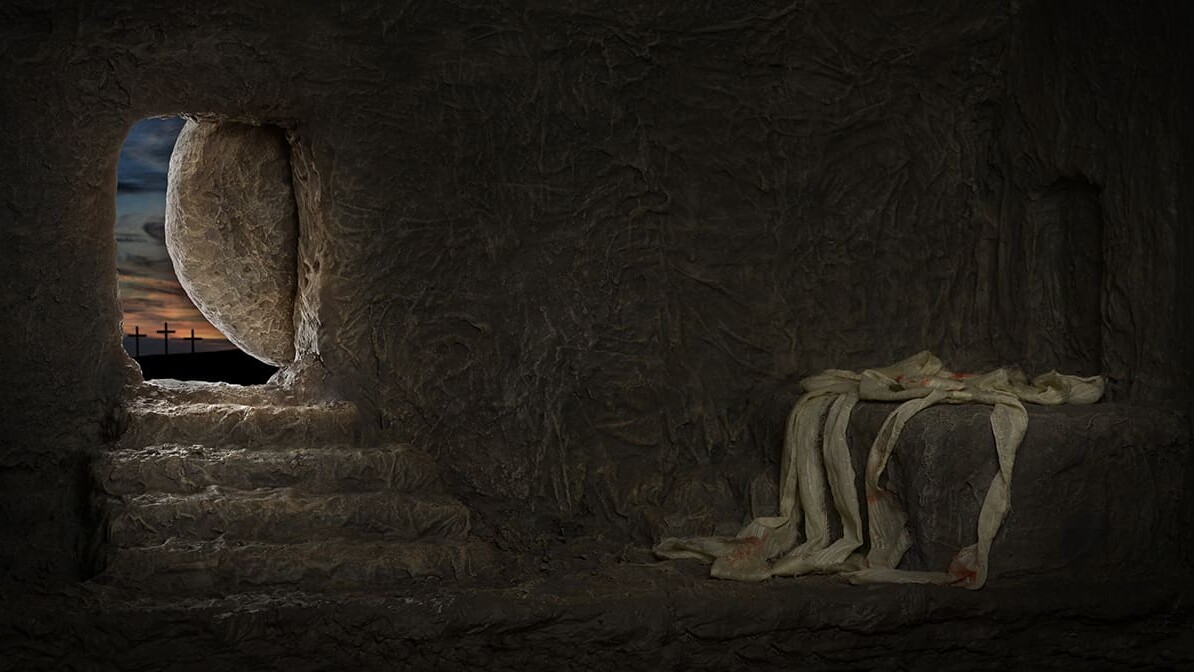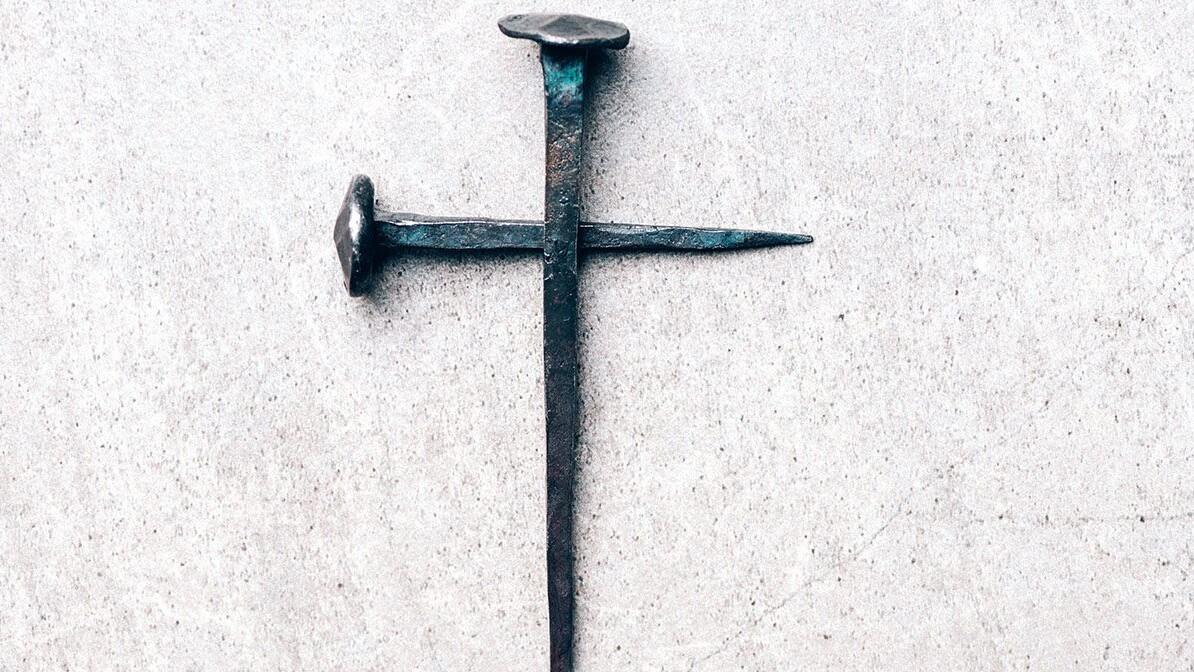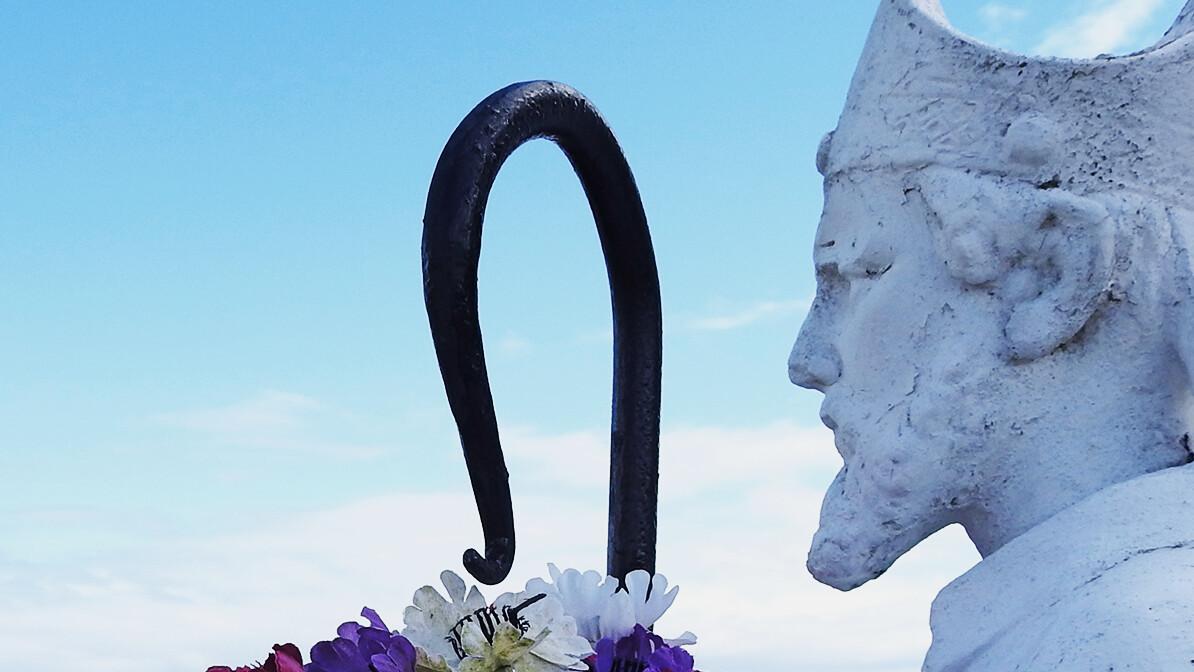
How Saint Patrick Changed a Nation – and the World
A number of years ago, there was a character on Saturday Night Live named Debbie Downer. A depressed-looking, bug-eyed, frumpy woman, Downer had a knack for sharing negative information when others were trying to celebrate. Hang with me for a moment as this commentary starts with a Debbie Downer moment.
- Patrick was not Irish.
- As a young man he had no interest in God.
- He never drove out any snakes because there were none in Ireland.
- His use of a shamrock to teach the Trinity is cute for children, but it’s just a myth.
- There is no such thing as a leprechaun.
- Patrick didn’t drink Guinness beer because it didn’t exist.
Waaaah Waaaah!
Now I’m not a party pooper. I enjoy a celebration, but enjoy it even more when I understand what’s legitimate and what’s legend.
With St. Patrick’s Day and all the green, the parades, parties with Irish stew and toasts to the “luck of the Irish,” let’s get behind the blarney to focus on an incredible man of God who transformed a nation through the proclamation of the gospel and the planting of churches.
The Real Story of St. Patrick
Years ago when I ministered in Ireland, I recall the descent of the plane and how absolutely awestruck I was as I beheld for the first time the Emerald Isle. This deep green countryside is the picture conjured up in the hearts and minds of tens of thousands of Irish celebrants who annually dye the Chicago River green for St. Patrick’s Day. And in celebrations throughout America, this special feast day is a sign of spring, bringing welcome relief after the cold of winter.
But what’s really behind this day and the man we honor? After all, he died over 1500 years ago on March 17, 461.
Patrick was born in Britain in A.D. 390. He was raised in a Christian family, but his interest in God was almost nonexistent. He also was illiterate.
Teens are often apt to wander, and Patrick sure did, reaping the consequences. At the age of 16, he was kidnapped by thugs and taken hostage on a ship to Ireland.
Imagine the trauma and grief his parents experienced while praying for God’s miraculous intervention and the return of their son.
For six agonizing years, he was trapped as a slave, working as a shepherd on hills where he tended the sheep. He was alone. He was scared. In desperation he began to cry out to God to rescue him from his plight.
Picture your teenage son or daughter on that hillside, trembling and fearful for their very life.
Yet God was at work in Patrick’s soul (just as he is in your wayward son or daughter!). In his classic Confession, he painfully wrote, “I would pray constantly during the daylight hours” until finally God broke through and revealed Himself in a dream and specifically said the following to this young, lost soul, “Your hunger is rewarded. You are going home. Look, your ship is ready.”
Patrick Departs
Risking his life but pierced to the core by the call of God on his life, Patrick journeyed some 200 miles to the Irish coast! He bravely boarded a ship that was going to Britain, and he knew instinctively God was taking him back home.
This young man returned to his family transformed by the grace of God (wouldn’t it be great to see this homecoming captured on video?). In time, he even entered a Christian training center, a monastery, to pursue the calling to full-time vocational ministry as a Catholic priest.
Patrick Returns
Three decades after his initial abduction, Patrick sensed God stirring his heart. The Holy Spirit was directing him to go back to the pagan land of Ireland to evangelize the people mired in deception and darkness.
Not only would this be an arduous journey, as there were no 747s to swiftly carry one to a destination, but it meant facing a hostile culture of pagans known for their angry outbursts and violent behavior.
Next time you hear the term, “Paddy Wagon,” think of its origin with the influx of Irish immigrants (nicknamed “Paddies” after Patrick) many of whom became policemen. Some others were routinely picked up in these padded wagons for their drunken brawling.
Patrick recorded his sentiments as he wrote, “I am ready to be murdered, betrayed, enslaved — whatever may come my way!” May his courage ignite something in our hearts to reject silence and cowardice in the face of our cultural attacks today. May this man’s bravery inspire us to speak the truth in love regarding homosexuality, militant Islam, dishonesty, fornication (living together or casual sex), adultery and compromising “Christians” yielding to pornography and a host of carnal indulgences in our day.
“For the sake of Zion I will not keep silent, and for the sake of Jerusalem I will not rest until her righteousness goes forth as brightness and her salvation as a lamp that burns” (Isa. 62:1).
In the face of mockery and physical opposition — history records he was beaten by thugs and harassed by Irish royalty — Patrick persevered in proclaiming the gospel and training converts in their newfound faith. Like John Wesley, who would follow in his footsteps a thousand years later, he also provided for the training of leadership to shepherd the new churches being planted.
Incredible Spiritual Awakening
As Patrick crisscrossed the countryside, God blessed him mightily. Tens of thousands of Irish were converted and hundreds of churches were established! Thomas Cahill writes in his book, How the Irish Saved Civilization, through Patrick’s courageous leadership, this warrior populace “laid down the swords of battle, flung away the knives of sacrifice, and cast away their chains of slavery.”
As we look at the moral decline in America today, it is easy to get discouraged. This is why it’s important to reflect on the exploits of this man of God who was instrumental in saving a nation.
From the fall of Rome, culture was disintegrating on the European continent. Patrick, like Paul the apostle, Wesley, Booth, Wilberforce, Bonhoeffer, Chuck Colson and other fearless Christian activists of whom we read, did not retreat in the midst of overwhelming odds. All of them prayed, preached the gospel, affirmed biblical Christianity and confronted evil fearlessly. Cahill honors Patrick and other champions of the faith who brought transformation to society. Because of him and others who rose to the occasion, “The Irish not only were conservators of civilization, but became shapers of the medieval mind, putting their unique stamp on Western culture.”
One hundred years after Patrick’s death in A.D. 461, multitudes of churches and monasteries remained training future leaders as a testimony to this mighty man of God. His legacy should make us, excuse the expression, “Green with envy.”
Here’s the deal: 1500 years after Patrick lived, let’s follow this world changer in lifestyle evangelism!
“When Irish eyes are smiling/ ’tis like a morn in spring/ In the lift of Irish laughter, you can hear the angels sing.”
…
© Larry Tomczak. Used with permission.
Trending Now
Sign up today for your Inspiration Today Daily Newsletter
Supercharge your faith and ignite your spirit. Find hope in God’s word. Receive your Inspiration Today newsletter now!
Larry Tomczak
Larry Tomczak has been a cultural commentator for nearly 50 years. He is a best-selling author, a public policy adviser with Liberty Counsel, and a board member for Intercessors for America. Learn more at larrytomczak.com
Related Articles
April 1, 2024
Come Out of Egypt
When I see all the blessings and breakthroughs offered to us in God’s appointed times, I have a…
March 29, 2024
It’s Time to Rise Victoriously
Happy Resurrection Day! Today, we are reminded of the incredible hope that springs forth from the…
March 29, 2024
Where Is Jesus?
Years ago, the youth at our church were conducting the sunrise service and recreating the Easter…
March 29, 2024
Why Is Good Friday Good?
Because of Jesus ... On Good Friday, we commemorate the suffering and death of Jesus on the cross ……
Next Steps To Strengthen Your Walk
Submit A Prayer Request
We are here for you. Simply click on the button below to reach us by form, email or phone. Together we will lift our hearts and voices with you in prayer.
Partner WIth Us
Sow a seed of faith today! Your generous gift will help us impact others for Christ through our global salvation outreach and other faith based initiatives.
Inspiration TV
Watch Christian content from your favorite pastors, christian movies, TV shows and more.



